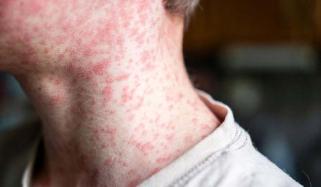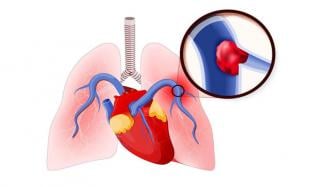
A new study suggests that eating more dried fruits might reduce the risk of developing type 2 diabetes.
The study, published in BMC Nutrition & Metabolism, found that consuming an extra 1.3 pieces of dried fruit daily could lower the risk of type 2 diabetes by up to 60.8%.
Benefits of dried fruits:
Dried fruits like prunes, apricots, and raisins are convenient, tasty, and less perishable than fresh fruits, making them a popular snack.
They are rich in nutrients and fiber, which can help manage blood sugar levels and support digestive health.
Additionally, dried fruits contain flavonoids that may improve insulin sensitivity and have anti-inflammatory effects.
Concerns about sugar content:
Despite their benefits, dried fruits have high natural sugar concentrations, which can cause blood sugar spikes.
This has led to concerns about their suitability for people at risk of type 2 diabetes.
As per Medical News Today, Michelle Routhenstein, a preventive cardiology dietitian, explained that dried fruits have higher calorie and sugar content than fresh fruits due to dehydration.
Meanwhile, Jason Ng, an endocrinologist, highlighted that eating too much dried fruit could increase carbohydrate intake, potentially raising blood sugar levels.
However, recent views are shifting, suggesting dried fruits can be beneficial when consumed in moderation.
Routhenstein advised consuming dried fruits in portion-controlled amounts, such as a quarter cup, to provide essential nutrients without causing significant blood sugar spikes.
While, Ng emphasised that a moderate amount of dried fruit, combined with a low-carb diet, can help reduce the risk of type 2 diabetes.
Additionally, pairing dried fruits with low-glycemic foods, like green vegetables and lentils, can further help balance blood sugar levels.















